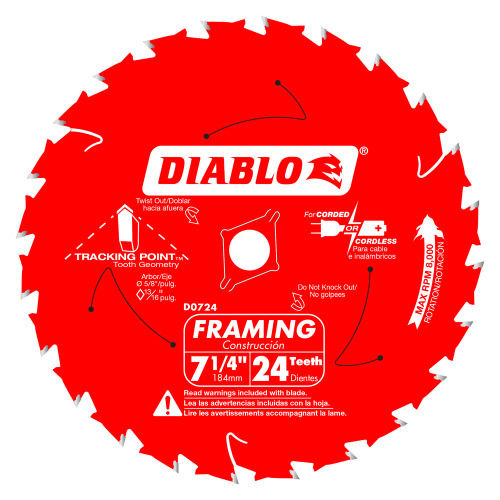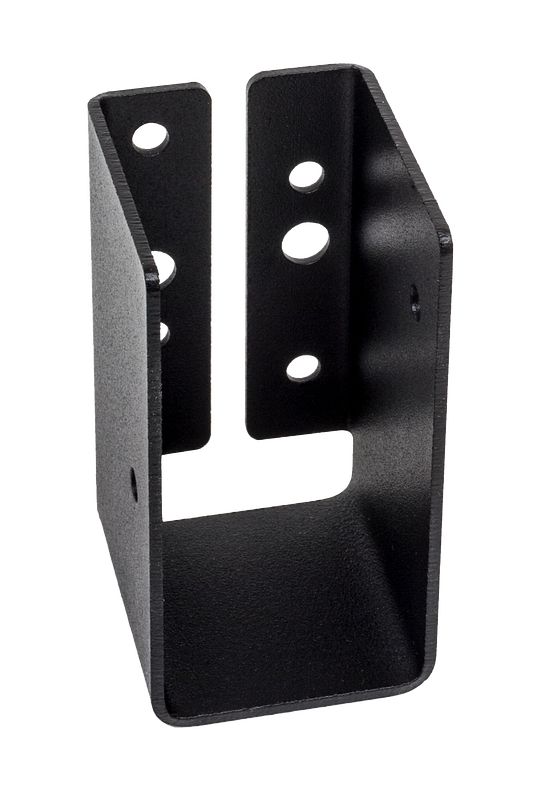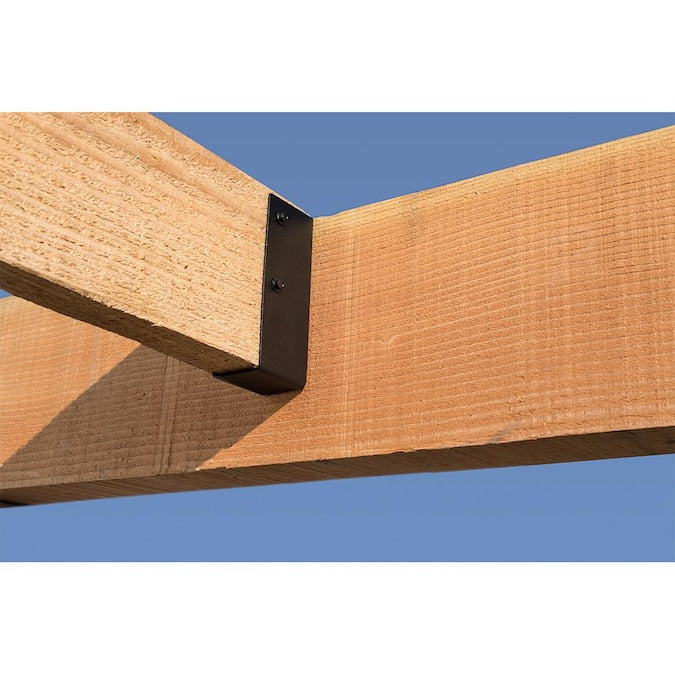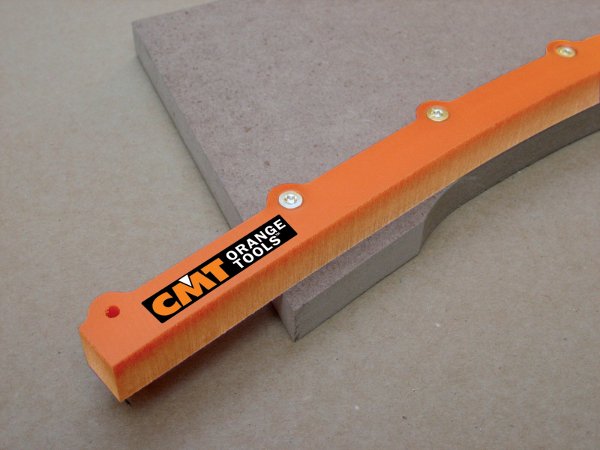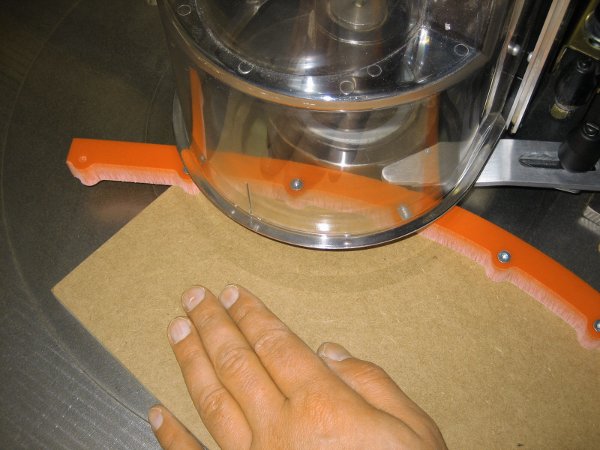Choosing the right screw is important for successful woodworking and construction projects. It will ensure the work is strong and durable. Deck screws and wood screws are two types of screws that are popular in the market. Though they may look alike, they are different. They have distinct characteristics and applications that set them apart. In this guide, we'll compare deck screws vs wood screws, discuss their pros and cons, and help you choose the best one for your project.
Deck Screws: Designed for Outdoor Use
Deck screws are made for outdoor projects like decks, fences, and structures. The materials used to make them resist rust and corrosion. Stainless steel, ceramic-coated steel, and composite materials are commonly used. They are great for enduring tough outdoor conditions like moisture, temperature changes, and UV rays.
The design of deck screws also sets them apart from wood screws. They usually have a flat or bugle-shaped head that helps sink them fully, even with the wood surface. Deck screws have threads that are made to prevent splitting and hold well. They are great for securing things like deck boards outside.
Wood Screws: A General-Purpose Option
Wood screws have multiple uses in construction and woodworking. They are versatile fasteners. They work indoors and outdoors but may not last as long or resist rust and deck screws when used outside.
Wood screws are made in different shapes, sizes, and materials. Steel and brass are the most commonly used. They usually have a flat, oval, or round head. Their threads are made to hold well in wood. However, the threads on wood screws may not be as effective in preventing splitting as those on deck screws, making them less suitable for certain outdoor projects.
Strength and Durability
Deck screws are stronger and more durable than wood screws when used outside. Their materials resist rust, and their design is special. This makes them strong in bad weather and they can hold for a long time.
Wood screws can be as strong and durable as deck screws. They are a good choice for indoor projects or where rusting is not a big worry. Sometimes, you can choose which screw to use based on what you prefer or need for your project.
Ease of Installation
You can use regular power drills or screwdrivers to put in deck screws or wood screws. However, deck screws may have some advantages in terms of ease of installation. Deck screws often come with self-drilling or self-tapping designs. These designs can remove the need for pre-drilling pilot holes in some cases. This can save time and effort during the installation process.
Wood screws, on the other hand, may require pre-drilling pilot holes to prevent splitting or damage to the wood, particularly in hardwoods or dense materials. This can add an extra step to the installation process.
Cost Considerations
In general, deck screws are more expensive than wood screws due to their specialized materials and design features. The cost of deck screws may be more, but they last longer and work better in outdoor settings.
If you're working inside or don't need extra strong screws, wood screws are a cheaper choice than deck screws that resist corrosion better.
Making the Right Choice for Your Project
When picking between deck screws and wood screws for your project, think about these factors:
- If you're building something outside that will get wet and face tough weather, go for deck screws. Wood screws may work well for indoor projects or those not exposed to the elements.
- Consider the type of wood or material you are working with. Deck screws work well with pressure-treated lumber and hardwoods. Wood screws are suitable for a broader range of materials.
- If cost is a significant concern, wood screws may be a more economical option. However, keep in mind that the long-term durability and performance of deck screws may justify the higher initial cost.


